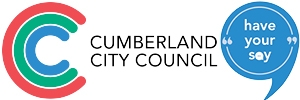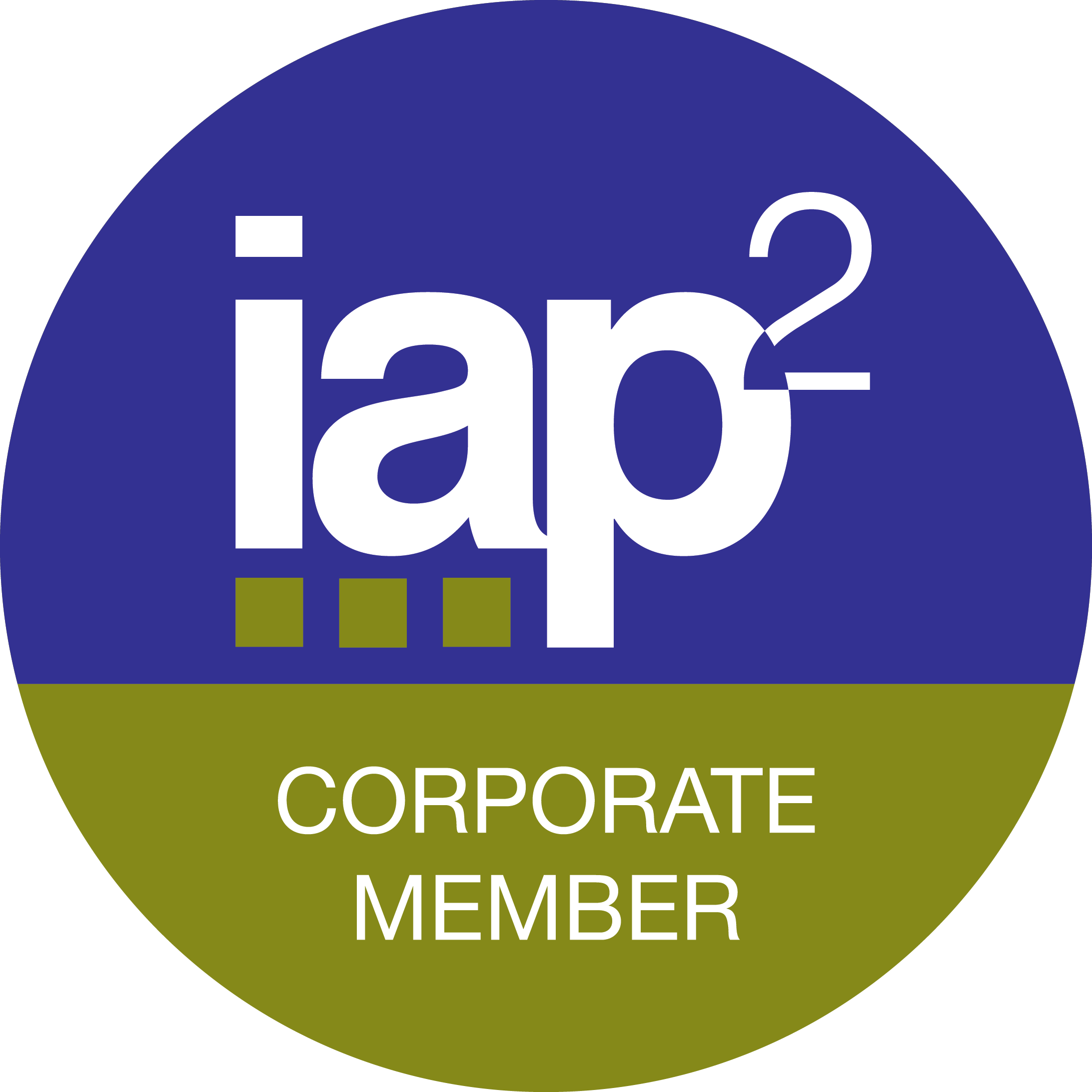Your Language
To translate this page into another language, use the 'Select Language' dropdown below. Please note, automatic translations are provided as a guide only and may not be accurate.
Call us using an interpreter
To call us using an interpreter service, call the National Translating and Interpreting Service on 131 450, and ask them to call us on 8757 9000.
- Home
-
Open Projects
- NSW Government's Transport Oriented Development Program at Berala and Lidcombe
- Cumberland Local Business Sentiment Survey
- Train Timetable Community Forum
- Have a chat with your Mayor Ola
- Chiswick Park Upgrade
- Save Carnarvon Golf Course
- Council Governance Policies - Draft Documents
- Ash Street Greystanes - Proposed Drainage Easement
- Hackney Street Greystanes - Proposed Drainage Easement
- About Cumberland Conversations
- Contact Us



